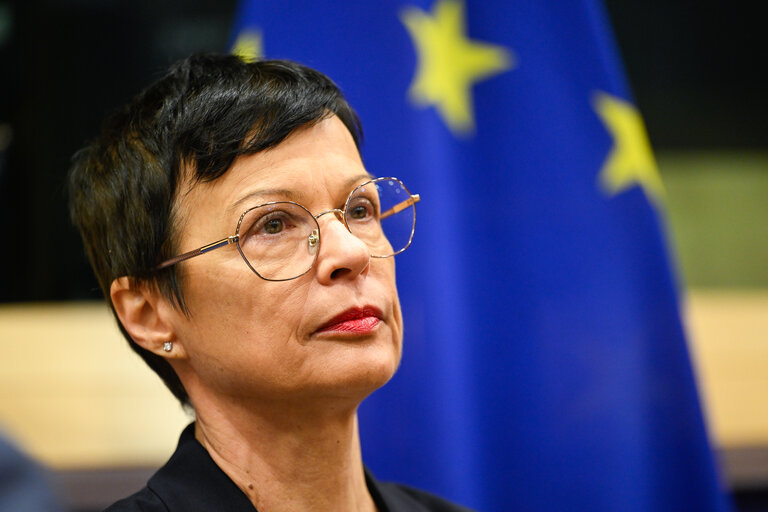EU hails Albania’s EU accession progress as “unprecedented,” eyes 2027 membership

The European Commission has described Albania’s progress toward European Union membership as “unprecedented”, placing it among the frontrunners in the Western Balkans enlargement process, alongside Montenegro. Officials called the country’s 2027 accession goal realistic — a first-time endorsement of a concrete timeline for Albania’s EU entry.
Why is this important: The recognition from Brussels signals a major political milestone for Albania, long criticized for slow reforms and high corruption. It also places the country in a narrow lead group of serious candidates for EU enlargement, potentially unlocking more investment, credibility, and leverage on regional issues.
Context: Speaking in Brussels, EU foreign policy chief Kaja Kallas and enlargement commissioner Marta Kos praised Albania’s political will and public support for membership.
“Albania has made unprecedented progress and, along with Montenegro, leads the accession process,” said Kallas.
Kos confirmed that five out of six EU negotiation clusters have already been opened, and the final one is expected to open this November.
“This is a clear sign of Albania’s strong political commitment and of a society that supports EU membership — with 91% of citizens in favor,” Kos said.
Prime Minister Edi Rama responded with optimism, posting on X:
“Yes, we made it! And we’ll do everything needed to finally sit as equals at the EU table. Let’s keep moving forward — together!”
Challenges ahead: Despite the praise, the European Commission’s progress report identified persistent issues — particularly with corruption, which it says remains widespread in both the public and private sectors.
While acknowledging SPAK’s strengthened capacity and use of financial investigations, the report noted that transparency, asset declaration controls, and inter-agency coordination remain weak.
“The institutional framework for preventing corruption continued to have limited impact,” the report stated.
Elections and media freedom: The May 11 parliamentary elections were deemed free and fair, but the report flagged key concerns that call for comprehensive electoral reform.
According to OSCE/ODIHR observations, the vote was competitive and professionally administered but marred by unequal conditions, abuse of public resources, and a partial reform that failed to address long-standing recommendations from both the OSCE and the Venice Commission.
On freedom of expression, the Commission reported little change. Media independence and pluralism remain vulnerable to overlapping business and political interests, with no substantial regulatory improvements.


